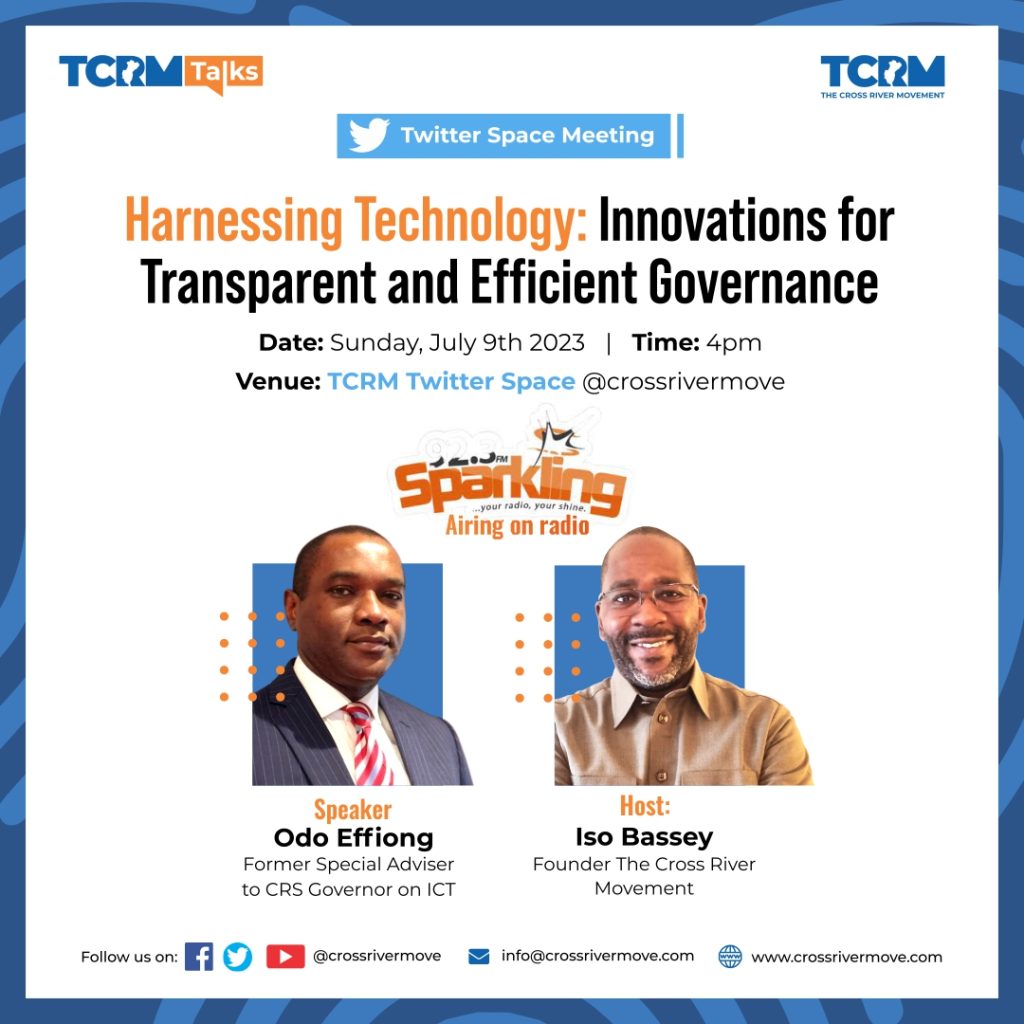In an increasingly interconnected world, technology has become a powerful tool for driving change and transforming various aspects of our lives. When harnessed effectively, technology can play a crucial role in promoting good governance. From enhancing transparency and citizen engagement to improving service delivery and combating corruption, the impact of technology on governance is profound. This article explores the diverse ways technology contributes to good governance and its potential to create a more inclusive and accountable society.
- Enhancing Transparency and Accountability: Technology enables governments to share information and data more efficiently, fostering transparency. Online portals and platforms allow citizens to access government information, budgets, and policy decisions, empowering them to hold their leaders accountable. E-governance initiatives and digital record-keeping systems facilitate efficient monitoring and auditing, reducing the risk of corruption and ensuring accountability.
- Empowering Citizen Engagement: Technology opens avenues for citizen participation in governance processes. Online platforms provide opportunities for citizens to voice their opinions, offer feedback, and engage in public consultations. Social media and digital communication channels enable direct interaction between citizens and policymakers, promoting inclusive decision-making and fostering a sense of ownership among the public.
- Improving Service Delivery: Through technology, governments can streamline public service delivery, making it more efficient and accessible. Digital platforms enable citizens to access government services, submit applications, and process transactions online, reducing bureaucratic hurdles and saving time. Technological solutions like data analytics and artificial intelligence can optimize resource allocation, enhancing the effectiveness of public programs.
- Data-Driven Decision Making: Technology provides governments with vast amounts of data that can inform evidence-based decision-making. Data analytics and predictive modeling enable policymakers to understand societal needs, identify trends, and design targeted interventions. By harnessing the power of data, governments can formulate policies and strategies that address the challenges faced by their communities more effectively.
- Strengthening Anti-Corruption Efforts: Technology plays a vital role in combating corruption by promoting transparency and accountability. Digital platforms for financial transactions reduce the opportunities for embezzlement and bribery. Whistleblower platforms and anonymous reporting mechanisms empower individuals to expose corruption without fear of reprisals. Blockchain technology holds promise for enhancing transparency and traceability in financial transactions, further deterring corrupt practices.
- Promoting Inclusivity and Accessibility: Technology has the potential to bridge the digital divide and ensure inclusivity in governance. Efforts must be made to provide access to technology and digital literacy to marginalized communities. Online platforms, e-learning tools, and mobile applications can enable marginalized groups to voice their concerns, access information, and actively participate in decision-making processes.
As the world becomes increasingly digitized, the role of technology in good governance continues to expand. From transparency and citizen engagement to service delivery and anti-corruption efforts, technology empowers governments and citizens alike. However, it is important to address the challenges of access, data privacy, and cybersecurity to ensure the equitable and responsible use of technology in governance. By harnessing the potential of technology, societies can foster greater transparency, accountability, and inclusivity, creating a brighter future for all.
TCRM QUIZ on The Role of Technology in Good Governance
Click the link to take the Quiz on The Role of Technology in Good Governance
TCRM QUIZ

